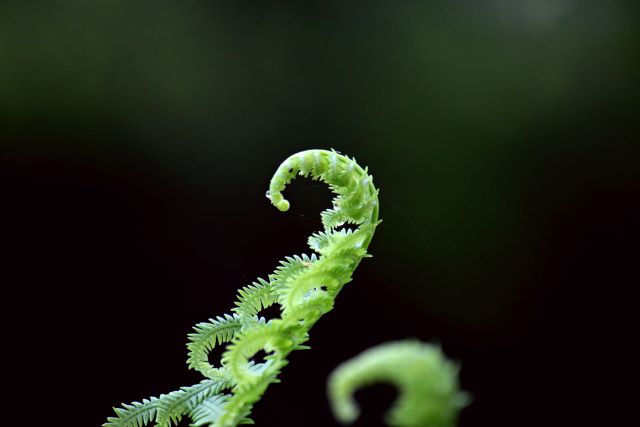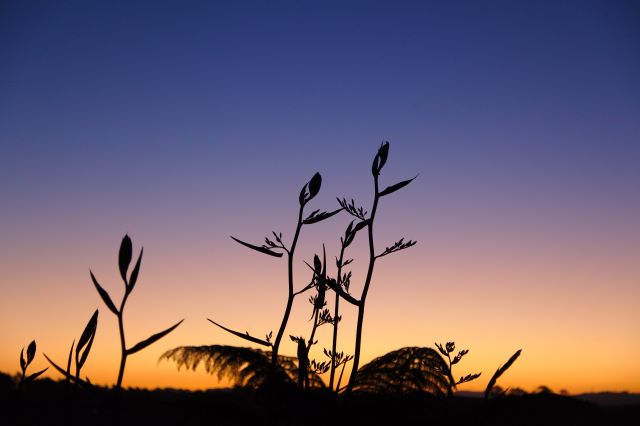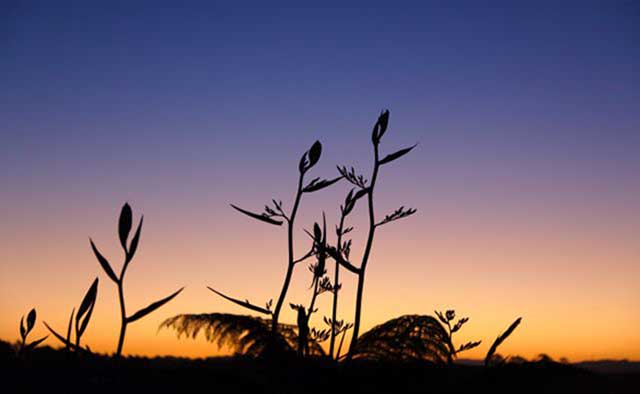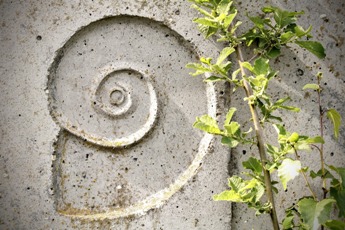New online collations of writing on Mana Wahine
Tue 28 Jan 2020
Two new online readers bring together previously published and some new writings on Mana Wahine.
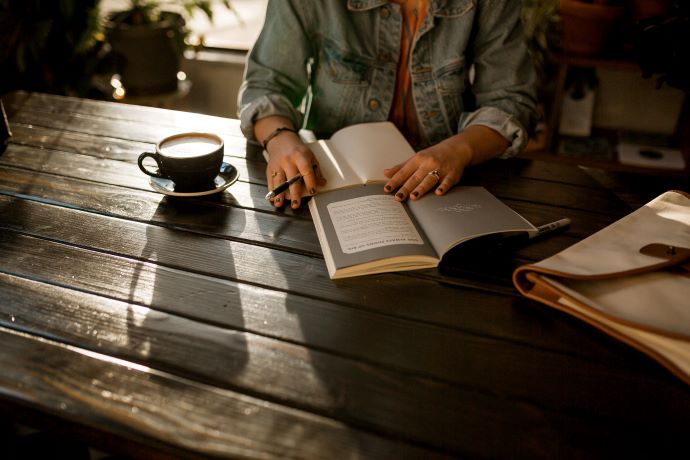
The readers Mana Wahine reader: A collection of writings 1987-1998, Volume I and Mana Wahine reader: A collection of writings 1999-2019, Volume II are edited by Leonie Pihama, Linda Tuhiwai Smith, Naomi Simmonds, Joeliee Seed-Pihama and Kirsten Gabel.
The readers were developed in response to "many requests for references related to Mana Wahine and/or Māori women’s writings on Māori feminist approaches" (page V, preface, Mana Wahine Reader - Volume 1). They are available for free download.
The Preface of Volume 1 goes on to say:
"Many of the early writings in this area are difficult to access and as such have become less well known or utilised as a basis for thinking about issues that impact upon Māori women. The growing articulation of the need for intersectionality has prompted more conversations around how we as Māori and Indigenous Peoples engage with the multiple intersecting beliefs, ideologies and practices that both inform, and impact upon, our lives. Mana Wahine is a term that encompasses our own tikanga and which upholds and elucidates the mana that is inherent in our lives as hine, as wahine, in its many forms. It embeds our wellbeing and our ways of being within particular cultural understandings, beliefs and practices that affirm who we are within our whakapapa and whanaungatanga, our roles, our positioning, our responsibilities, our obligations. Mana wahine is not, and should never be considered only about gender relations. It is much more and moves beyond the colonial definitions of gender identity that is constructed within dualist notions of biology, femaleness or maleness. Mana wahine is always located within our wider relationships as Māori. And it is within such a framework that we can ensure that we are cognisant of our relationships, responsibilities and obligations to each other as Māori, to our Indigenous relations and to those that live here on our lands."
The readers primarily collate writing which has previously been published, however Volume Two concludes with four new articles (drawing on earlier works) by Leonie Pihama, Naomi Simmonds, Kirsten Gabel and Joeliee Seed-Pihama. In addition, Volume One opens with a poem gifted by Linda Tuhiwai Smith and Volume Two opens with a poem gifted by Hinewirangi Kohu-Morgan. The cover images were gifted by Robyn Kahukiwa.
The readers are published by Te Kotahi Research Institute with funding support from Ngā Pae o Te Māramatanga.
Image: David Iskander on Unsplash



